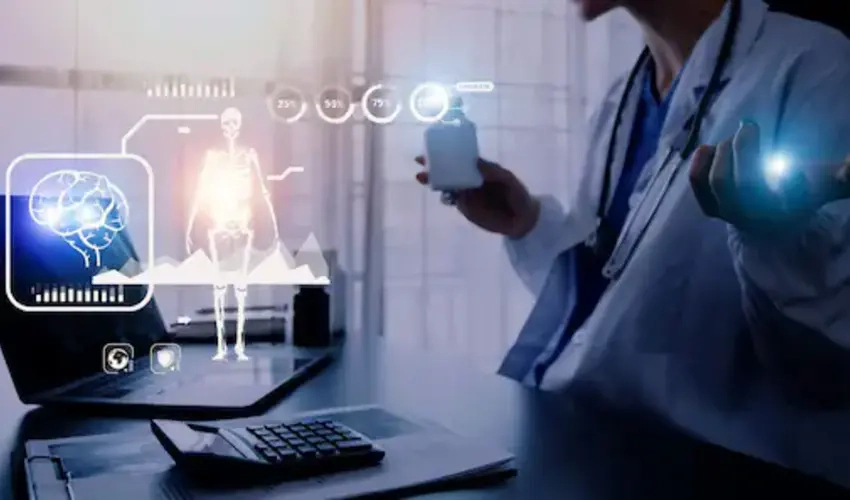A behavioral health electronic record (EHR) is a digital platform utilized by healthcare providers for managing patient data related to addictions and mental health. It functions by safely saving patient information in a centralized database that can seen by authorized individuals. The EHR involves features such as medication management, treatment plans, and progress notes.
Electronic health records (EHRs) have proved useful tools in the healthcare industry. They enhance the effectiveness and efficiency of healthcare practices and facilities. The EHR staff has access to reports, general documentation, patient history, order entry, billing, and electronic appointment systems. As per the healthcare innovation survey, almost 99% of all the hospitals in the US presently incorporate an EHR system. Now the question arises of why are mental and behavioral health facilities not willing to transform these electronic health record systems.
Introduction
Behavioral and mental health facilities have unique regulations, data reporting requirements, codes, classifications, and different languages when compared to initial care facilities. Additionally, the majority of these behavioral and mental facilities think that privacy codes and confidentiality will be sacrificed. These facilities not only have to adopt HIPPA rules, but they must follow other strict privacy regulations and guidelines.
Keeping this scenario under consideration, we are presenting to you some benefits of behavioral health electronic records.
It Enhances The Record Security
Behavioral health electronic record plays a very significant role in enhancing security. All documents generated in these systems are organized and filed. This prevents the destruction and misplacement of records. When a healthcare practitioner shares private information with another concerned party, only the authorized groups can see these documents. This security prevents any unwanted viewers and paper trail from misusing patient records.
It Encourages Easy Sharing of Documents Electronically
Behavioral health electronic records can share documents electronically between the providers. This improves communication between the professionals. The majority of the people have a primary care specialist and physician whom they visit for treatment, such as a therapist. Health therapists and providers can work together and develop a treatment plan for the entire health of their patients.
Enhancements in Medication Management
Another prominent benefit associated with this technology is the enhancement in medication management when incorporating an EHR system. Mental health providers can supervise the prescriptions their patients are using, have their entire medical history, and stop prescription mistakes. This eliminates the double doctoring by patients.
EHR Is Accessible on Almost Every Device
EHR is accessible on almost every device and anywhere with cell service or internet. In the world of mental and behavioral health, this is an important benefit. While dealing with life-threatening emergencies, like suicide threats, mental health providers can easily view patient records. this easy access enhances crisis response service. It saves the lives of the majority of the patients.
It Provides Streamlined Billing
Last but not least, EHR systems offer streamlined billing. Being able to pay for services electronically makes the procedure of billing very efficient. This results in fewer errors and cost-saving when comparing it to paper invoicing. Electronic billing saves the time and money of the provider.
Conclusion
Behavioral health electronic record systems have proved to be extremely advantageous within the health domain. All behavioral and mental facilities would benefit if they were to shift to an electronic health system. There are so many practices that are presently shifting to an EHR system. In this situation, others are not sure and don’t aim to change because of the excessive efforts and costs. The rise in efficiency and effectiveness of a patient’s care EHR systems overshadows the concerns with making the transition. This allows the provider to give complete care to the patients that they deserve.
Frequently Asked Questions (FAQs)
What are behavioral health electronic records?
A behavioral health electronic record (EHR) is a digital platform utilized by healthcare providers for managing patient data related to addictions and mental health. It functions by safely saving patient information in a centralized database that can seen by authorized individuals. The EHR involves features such as medication management, treatment plans, and progress notes.
How do behavioral health records function?
· They are created particularly for mental health and drug abuse treatment.
· They enhance care quality by offering up-to-date and accurate patient data.
· They enhance productivity and efficiency by decreasing paperwork and enhancing communication among the healthcare providers

